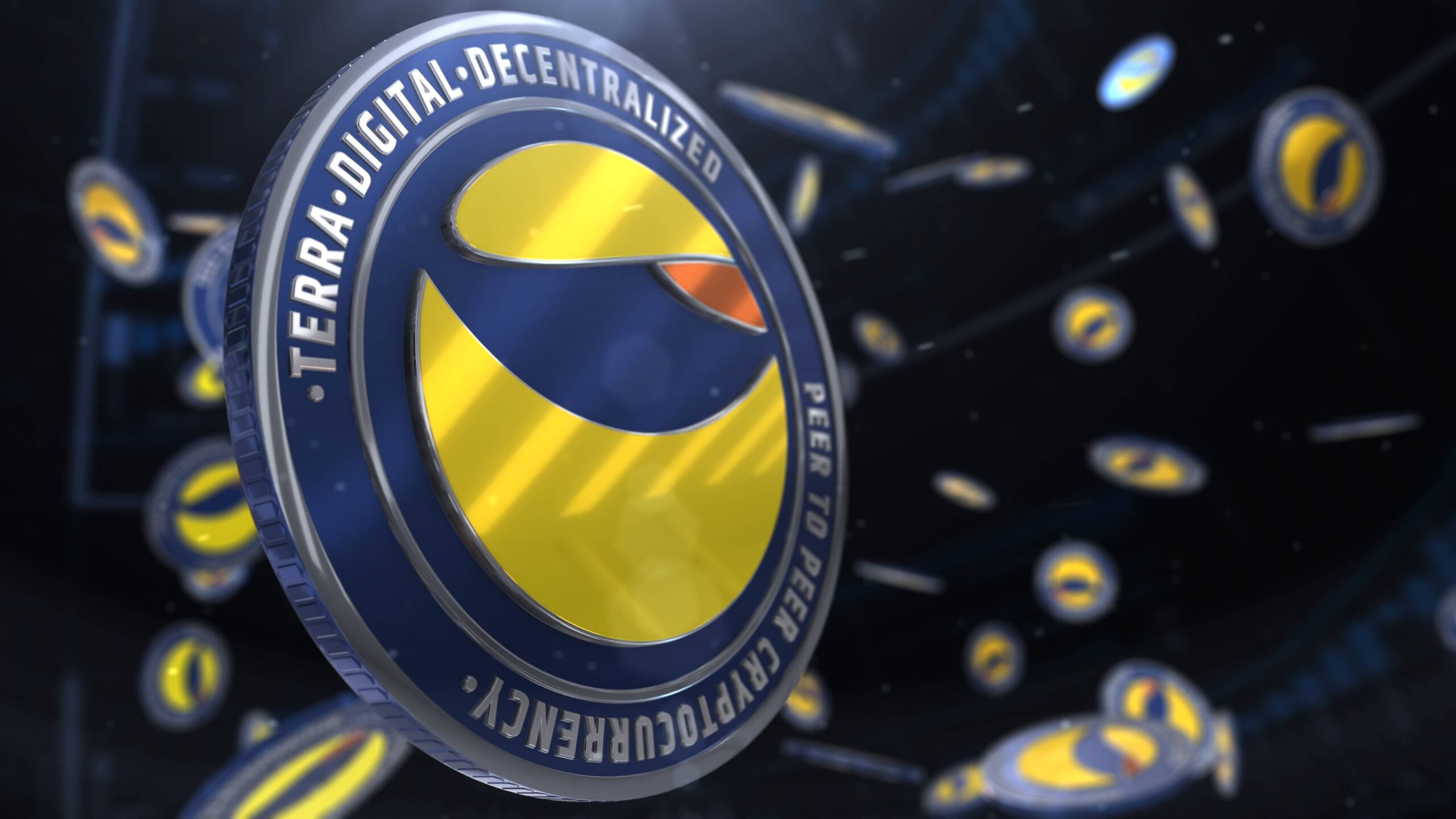A court in South Korea has dropped charges of security violations against former Luna co-founder Hyun-seong Shin.
A court in South Korea has ruled that the Luna token, which was issued by Terra, is not a security. This ruling was made in the case of Hyun-seong Shin the co-founder of Terra, who was accused of violating South Korean securities law by issuing and trading the Luna token.
This decision could potentially set a legal precedent for the classification of tokens under securities laws in South Korea and other countries.
The court found that the Luna token does not meet the legal definition of a security under South Korean law because it does not promise a fixed return or any profits.
The Luna token is used as a medium of exchange within the Terra ecosystem, rather than as an investment. This ruling is a significant win for Terra and its co-founder, who were facing up to five years in prison if convicted.
This ruling has implications for other blockchain projects that may be facing scrutiny from regulators around the world. Many blockchain projects have faced increased regulatory scrutiny due to concerns over investor protection and financial stability.
By clarifying the legal status of tokens, the court’s decision could pave the way for other blockchain projects to argue that their tokens should not be classified as securities under South Korean law.
However, it’s important to note that this ruling is not a blanket exemption for all tokens issued by blockchain projects. Each token will be evaluated on a case-by-case basis, and other tokens may still be classified as securities if they meet the legal definition under South Korean law.
The Terra case is a reminder of the importance of regulatory compliance and engagement for blockchain projects. As the industry continues to mature and becomes more mainstream, projects will need to engage with regulators and comply with the relevant laws and regulations to succeed While some projects have tried to avoid regulation by operating in jurisdictions with more relaxed rules, the Terra case shows that regulatory risk cannot be entirely avoided.
The ruling is also significant for the blockchain industry as a whole, as it provides greater clarity on how tokens may be classified under securities laws. As the industry continues to grow and innovate, it’s important that it operates within the bounds of the law.
The decision made by the South Korean court is a significant step forward for the Terra project, as it confirms that the Luna token is not a security. The ruling could potentially set a precedent for how tokens are classified under securities laws in South Korea and other countries, and it highlights the importance of regulatory compliance and engagement for blockchain projects.
Luna Court Ruling
Overall, the Terra case is a positive development for the blockchain industry, as it provides greater clarity on how tokens may be classified under securities laws.
With more legal precedents being established, the industry can continue to grow and innovate while ensuring that it operates within the bounds of the law.
It’s essential for blockchain projects to work closely with regulators to ensure that they are compliant with the relevant laws and regulations, as this is crucial to their long-term success.
